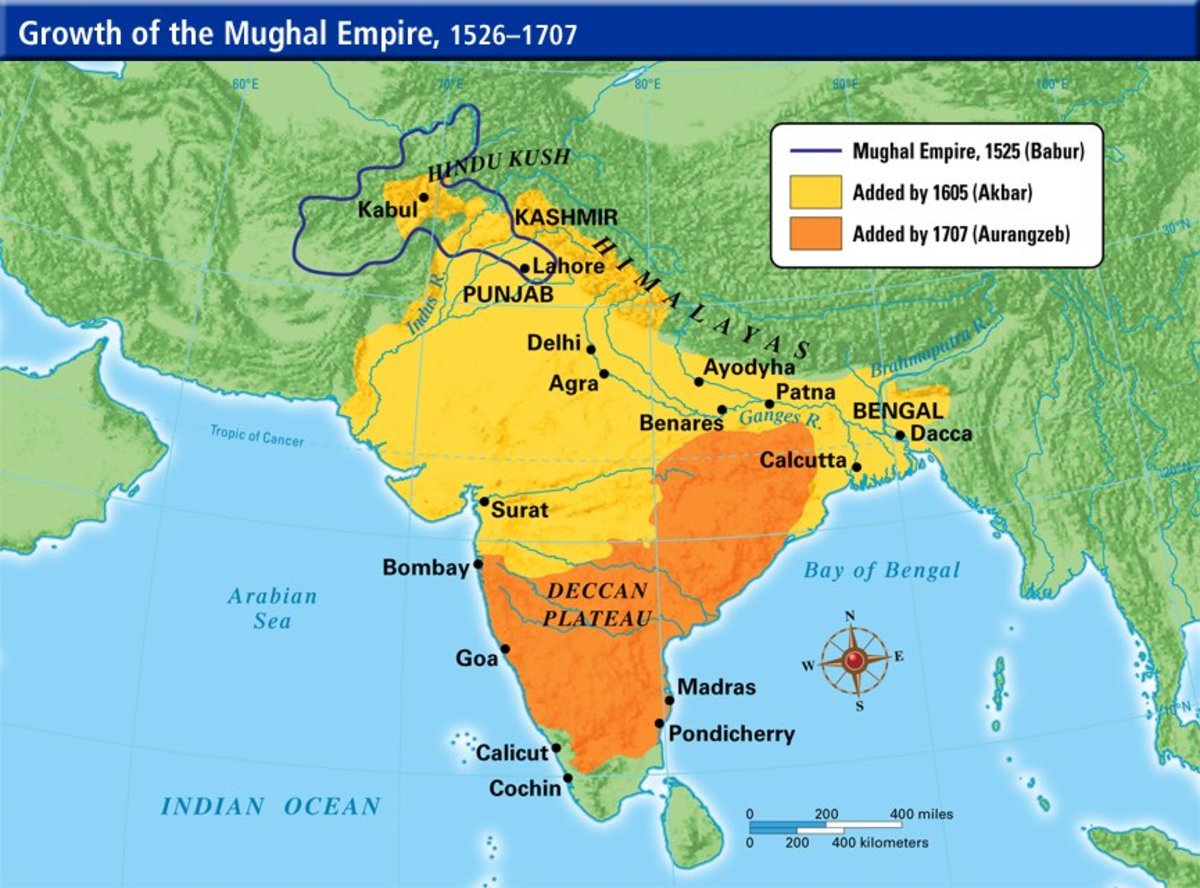Yeah and there would have had to be a first god to emerge at some point. Mind you others likely emerged right after
But at that point you're playing a game with definitions, saying that such-and-such spirit is the first which meets whatever arbitrary criteria that culturally-monotheistic modern have set for "god"-hood. It's not an honest description of how human belief-systems actually developed, or how some contemporary belief systems, like Shinto or shamanism, actually view the world.
As I said, this notion of divinity as opposed to mortality, of there being one kind of thinking-being called "humans" who live on the Earth, and another kind of thinking-being called "gods" who live in the sky, is a pretty recent innovation, and may arguably reflect the assumptions of monotheists imposed back onto polytheistic societies. Even when polytheists did set aside a certain set of beings as "gods" in the Olympian sense, as something above and beyond the mortal world, these were rarely the only beings which humans revered or made offerings to. The ancient revered gods of hearth and field and forest as much as gods of sky and kingship and war. Further, this above-ness wasn't always clearly metaphysical, clearly a difference of
kind; the Olympians shared kinship with the titans and the Aesir with the giants, so what distinguished both groups was not their essence so much as their status as the dominant tribe of supernatural beings. While there was a fundamental difference set between humans and supernatural beings which may not exist in a purely animistic culture, there wasn't the sort of hard metaphysical distinction between the troll that lives in that big rock and edge of town and Odin the All-Father that we might suppose.
It's not even clear that pre-modern monotheists drew such a hard distinction; plenty of monotheistic societies, like Ireland, Iceland or the Indonesia (no alliteration intended), continued to take it for granted that the world was populated by a great many things that weren't human, but because these cultures revered a single, capital-G God, these beings became "elves" or "trolls" or "spirits", even if the attitudes held towards them, and the rituals used to placate them, were not clearly distinct from those used to placate small or even big gods in a polytheistic culture. "God", here, refers to a specific being, rather than to a kind of being, and capital-G "God" appears to be able to coexist more or less comfortably with beings who would in any other context be described as small-g "gods", so long as everyone is careful about their terminology.
There's a whole process by which humans gradually start distinguishing animate from inanimate, then human-animate from non-human animate, then natural-animate from supernatural-animate, then worldly-animate from heavenly-animate, and then, only at the far end of this process, when they are already steeped in distinctions, "Man" from "God". Without meaning to suggest that this is a predetermine path that all religions follow- it's evidently not, at Hinduism and Shintoism demonstrate- it seems to be the genealogy of West-Eurasian monotheism, and I don't think it's wise to project the categories found at the far end of this millennia-spanning process onto its origins.




